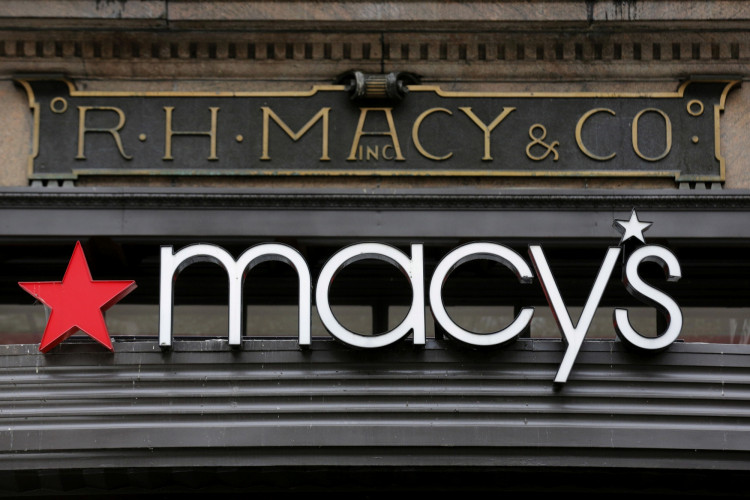Macy's Inc. has delayed its third-quarter earnings report after uncovering an internal accounting issue involving as much as $154 million in hidden expenses. The discrepancy, which the company attributed to a single employee, has prompted an independent investigation and raised questions about oversight within the iconic retailer's financial processes.
The employee in question, responsible for accounting related to small package delivery expenses, allegedly made "erroneous accounting accrual entries" between the fourth quarter of 2021 and the fiscal quarter that ended November 2, 2024. Macy's said these actions concealed $132 million to $154 million in expenses. The company emphasized that the individual is no longer employed and that the errors did not impact its cash management activities or vendor payments.
"While we work diligently to complete the investigation as soon as practicable and ensure this matter is handled appropriately, our colleagues across the company are focused on serving our customers and executing our strategy for a successful holiday season," said Tony Spring, Macy's Chairman and CEO, in a statement.
The issue, discovered earlier this month, triggered a forensic analysis that confirmed the intentional nature of the misstatements. Macy's stressed that the investigation found no evidence implicating other employees. The company now expects to release its full earnings report by December 11, later than the originally scheduled date.
Preliminary third-quarter figures reveal that Macy's net sales fell 2.4% to $4.74 billion, slightly below analysts' expectations of $4.75 billion. Comparable sales dropped 1.3%, a better performance than the 1.49% decline analysts had forecasted. Shares of Macy's slid more than 3% in premarket trading on Monday, further extending an 18% year-to-date decline.
Despite the accounting setback, Macy's pointed to some areas of growth within its business. Bloomingdale's comparable sales increased 1%, and Bluemercury's sales rose 3.3%, highlighting resilience in its luxury and cosmetics segments. However, Macy's core brand saw a 3% drop in comparable sales, reflecting continued challenges in its traditional retail operations.
The timing of the scandal is particularly significant as Macy's ramps up efforts to execute its "Bold New Chapter Strategy." The initiative aims to modernize stores, enhance customer experiences, and streamline operations. As part of this plan, Macy's is closing 55 stores in 2024 and 150 by 2026 while reinvesting in high-performing locations. Upgraded stores have already seen some success, with same-store sales increasing 1.9% year-over-year in the third quarter.
"You have different consumers looking for different things," Spring said earlier this month at Yahoo Finance's Invest conference. He explained that luxury shoppers are drawn to "newness," while other customers prioritize value and overall experience. These insights are shaping Macy's investment strategy as it adapts to shifting consumer preferences.
The accounting scandal also comes at a time when Macy's is under pressure to justify its decision to remain independent. In July, the company rejected a $24.80-per-share buyout offer from activist investors Arkhouse and Brigade Capital Management. Spring defended the move, saying, "It's incumbent upon us to look beyond the current stock price, to look beyond the current market dynamics, and build a better experience for the consumer."
Analysts have offered mixed reactions to Macy's efforts. Dana Telsey of the Telsey Advisory Group called the store closures and upgrades "prudent given structural shifts," while Morningstar analyst David Swartz noted that these changes could drive improvements in same-store sales over time.
Macy's also reported $66 million in asset sale gains during the quarter, up from $61 million a year ago, further supporting its efforts to generate cash amid a challenging retail environment.




